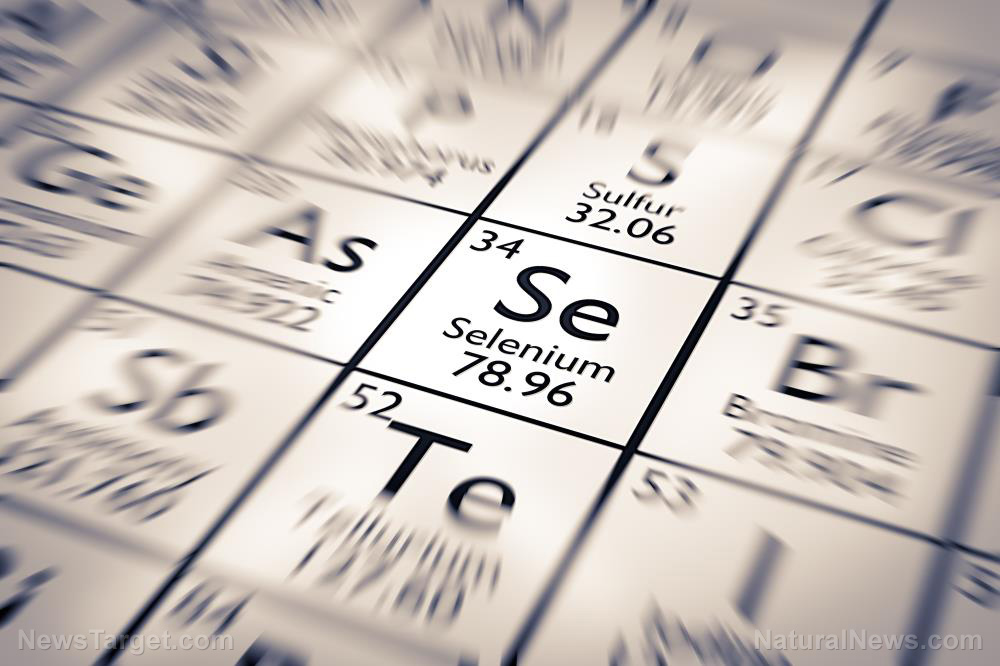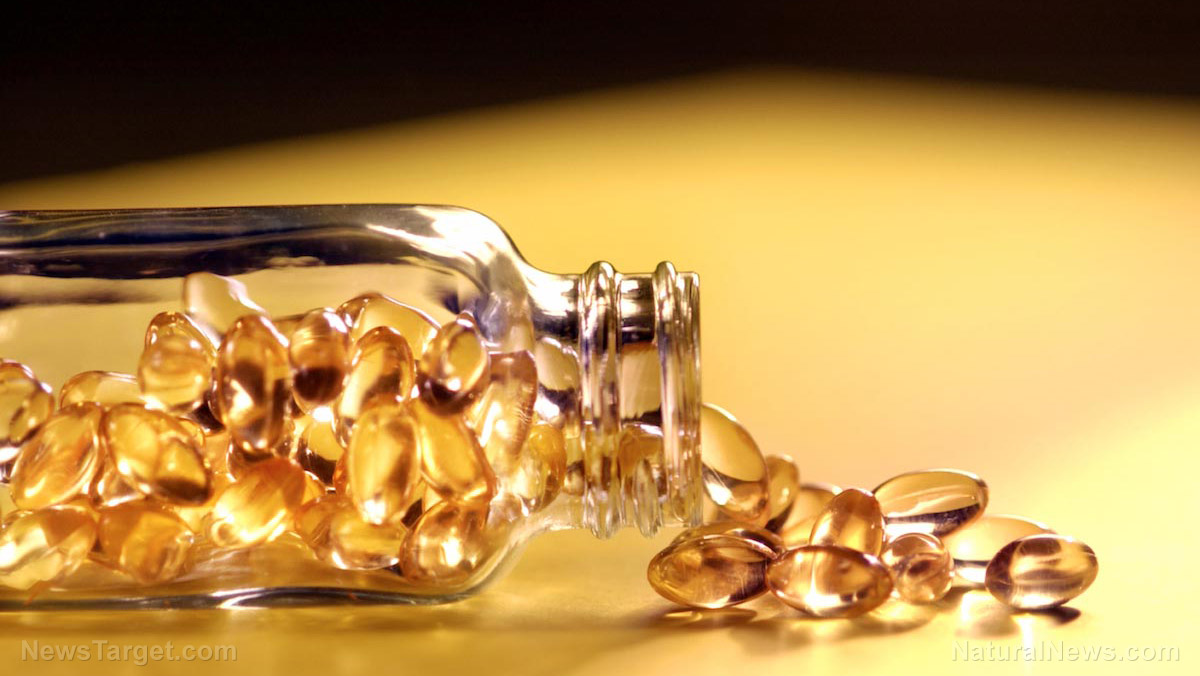Boosting selenium levels helps reduce premature death risk, say scientists
07/08/2020 / By Michael Alexander

Having high selenium levels is linked to a longer, healthier life, says a recent study published in The Journal of Nutrition, Health & Aging.
The study used data from an earlier research known as the ilSIRENTE Study, which involved nearly 350 men and women aged 80 years and older who live in a small mountain community in Italy.
Selenium is an important antioxidant and trace mineral. It is also a constituent of more than two dozen selenoproteins, which play critical roles in reproduction, thyroid hormone metabolism and DNA synthesis, among others.
Why maintaining healthy selenium levels is important
According to the study, low levels of selenium are associated with a significantly increased risk of all-cause mortality. This held true even after controlling for confounding factors, such as age and other clinical and functional variables.
On the other hand, the researchers found that participants of the ilSIRENTE Study who had the highest levels of selenium also had the lowest levels of key inflammatory markers. This is particularly important because inflammation, especially when it becomes chronic, is linked to the development of life-threatening diseases. (Related: Selenium in broccoli and garlic boosts the immune system, could help fight cancer.)
The findings of this study echo those of a previous research published in the journal Nephrology Dialysis Transplantation. In it, researchers found that selenium deficiency increases the risk of hemodialysis patients dying from infectious disease.
Other studies, meanwhile, have linked selenium deficiency to chronic conditions, such as cancer, arthritis, depression and heart disease.

How to boost your selenium intake
The Office of Dietary Supplements of the National Institutes of Health (NIH) recommends that adults consume 55 mcg of selenium per day. Pregnant and breastfeeding women, on the other hand, are advised to increase their intake to 60 and 70 mcg per day, respectively. But for children older than 3 years, the NIH recommends only 30 mcg of selenium per day. Those who are 9 to 13 years are required to get 40 mcg of selenium per day.
Fortunately, meeting your daily selenium requirement is very easy, thanks to nutritional supplements and foods that are rich in this trace mineral. Here are some of the best foods to add to your diet if you want to prevent selenium deficiency:
- Grass-fed organic meat, which includes beef, ham and chicken (3 oz of roasted chicken contains 22 mcg of selenium)
- Nuts, such as Brazil nuts and cashew nuts (for vegetarians and vegans)
- Organ meat or offal, which includes liver, heart and tripe (3 oz of beef liver provides 28 mcg of selenium)
- Pasture-raised organic eggs (1 hard-boiled egg contains 15 mcg of selenium)
- Seafood, such as halibut, sardines, wild-caught shellfish, shrimp and crabs
Some plant-based foods are also good sources of selenium. These include allium vegetables like garlic and onion, cruciferous vegetables like broccoli, whole grains and different varieties of mushrooms. But according to nutrition experts, organ meats, free-range chicken and seafood are still the best sources of selenium.
Besides playing critical roles inside the body, selenium also offers plenty of health benefits. This essential mineral can act as an antioxidant and protect cells from oxidative damage. It can also protect against heart disease, cognitive decline and certain types of cancer. To reduce your risk of death from these diseases, boost your selenium intake by taking supplements and adding selenium-rich foods to your daily diet.
Sources include:
Submit a correction >>
Tagged Under:
alternative medicine, disease prevention, food cures, food is medicine, functional food, longevity, natural cures, natural health, natural medicine, nutrients, organics, premature death, research, selenium, supplements
This article may contain statements that reflect the opinion of the author


















